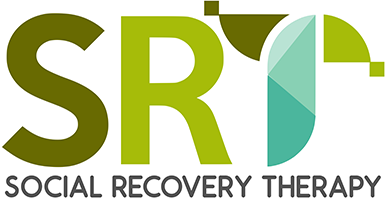Views of young people in Malaysia on mental health, help‐seeking and unusual psychological experiences
Clio Berry, Daniel Michelson, Ellisha Othman, Jun C. Tan, Brioney Gee, Joanne Hodgekins, Rory E. Byrne, Alvin Lai Oon Ng Nigel V. Marsh Sian Coker, and David Fowler
ABSTRACT
Aim
Mental health problems are prevalent among young people in Malaysia yet access to specialist mental health care is extremely limited. More context‐specific research is needed to understand the factors affecting help‐seeking in youth, when mental health problems typically have first onset. We aimed to explore the attitudes of vulnerable young Malaysians regarding mental health problems including unusual psychological experiences, help‐seeking and mental health treatment.
Methods
In the present study, nine young people (aged 16–23 years) from low‐income backgrounds participated in a semi‐structured interview about their perspectives on mental health problems, unusual psychological experiences and help‐seeking.
Results
Four themes were developed using thematic analysis. “Is it that they [have] family problems?” reflected participants’ explanatory models of mental health problems. “Maybe in Malaysia” was concerned with perceptions of Malaysian culture as both encouraging of open sharing of problems and experiences, but also potentially stigmatizing. “You have to ask for help” emphasized the importance of mental health help‐seeking despite potential stigma. “It depends on the person” addressed the challenges of engaging with psychological therapy.
Conclusions
We conclude that young people in Malaysia may hold compassionate, non‐stigmatizing views towards people experiencing mental health problems and a desire to increase their knowledge and understandings. Yet societal stigma is a perceived reputational risk that may affect mental health problem disclosure and help‐seeking. We suggest that efforts to improve mental health literacy would be valued by young Malaysians and could support reduced stigma and earlier help‐seeking.

No Comments
Sorry, the comment form is closed at this time.